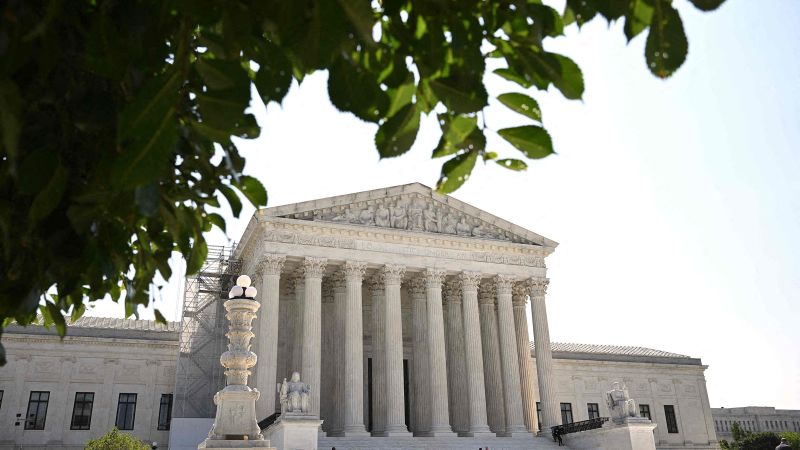The Supreme Court has agreed to take up an appeal from Salvatore Delligatti, a Genovese crime family associate challenging a 2018 conviction on a gun charge that added five years to his prison sentence. Delligatti was convicted of attempted murder for planning to kill a local “bully” who was causing trouble at a gas station he frequented. He hired members of the Crips gang to carry out the killing and provided them with a .38 revolver, but police intercepted them before they could carry out the murder. He was sentenced to 25 years in prison, including five years for the gun charge, which was based on a federal law barring people from having a gun as part of a “crime of violence.”
Delligatti, also known as “Fat Sal,” argues that the underlying crime in his case does not qualify as a crime of violence, leading to a split in federal appeals courts over how to apply the charge in similar situations. The Justice Department, while opposing Delligatti’s argument, agrees that the Supreme Court should hear his case to provide clarity for lower courts. Recent Supreme Court decisions have narrowed the circumstances in which enhanced prison sentences can be sought for a crime of violence, with Delligatti emphasizing a ruling from two years ago in favor of a Virginia defendant convicted of a gun charge for using a gun in an attempted robbery.
The 2nd US Circuit Court of Appeals upheld Delligatti’s conviction, but the Supreme Court agreeing to take up his appeal signals a potential review of how the law applies to cases like his. The case has drawn attention for its implications on gun charges related to crimes of violence and could impact future rulings on similar cases. Delligatti’s argument against the gun charge being applied to his case is part of a larger conversation about how the law defines and applies crime of violence charges, potentially influencing future legal precedent in federal courts. The Supreme Court’s consideration of his appeal has the potential to provide further guidance on this issue.


